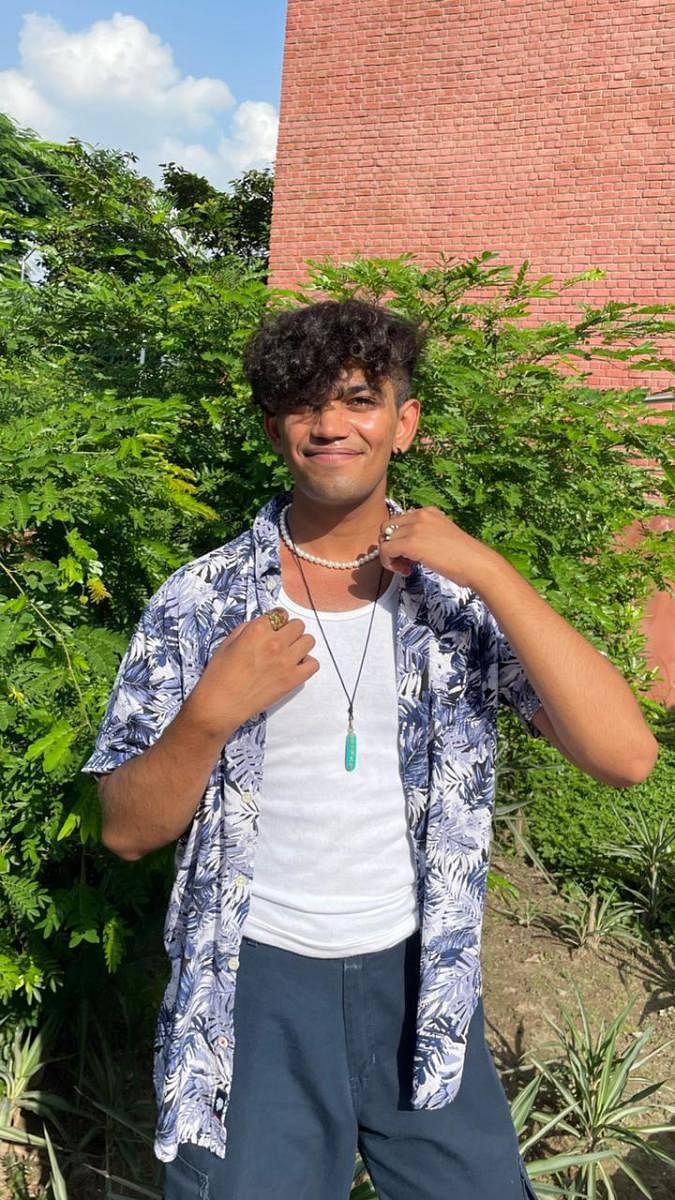

In the year 2020, Anjana Harish, a 21-year-old bisexual hailing from Kerala’s Kannur district, was subjected to conversion therapy at a mental health facility. As a result of which Anjana died in May of the same year. The incident shook everyone and also led to agitation across the nation.
This is not the only incident, several people from the LGBT community claim to have undergone conversion therapy and this practice continues. Anjana was allegedly forced into conversion therapy by her family. After she came out as bisexual to her family, they took her to a mental health care centre where she was not just put under heavy medication but went through de-addiction too. If we go by researchers, then conversion therapy affects mental health and can lead to suicidal thoughts. “This experience is a very traumatic part of my life. When I was 14 years old, I was outed by my neighbour to my parents and they naturally didn’t take it that well. They initially took me to the psychiatrist and that doctor is still practising in Noida. There, the psychiatrist recommended an aptitude test and counselling for my “homosexuality”.
Further, my parents took me to an NGO which was again recommended by the same psychiatrist where they took an aptitude test which went on for seven to eight hours. It had subjective questions, and objective questions, they asked me to see some images and asked what am I able to interpret through those images. They also asked me some weird questions like when you go to buy clothes or groceries are you attracted by the products which are made for women more than men and there was so much more which was really traumatising as a kid because I thought they would try to understand me and I started to explain more. I actually felt that this is a mental health space so they might understand what I am going through but in the end, when the reports came, it stated something like I have ego-dystonic homosexuality which is treatable. My parents came to me and said “Sahi ho jayega Sahi ho jayega” you are not putting in an effort and gay life is isolating. Don’t put your family to shame and so on.” In another instance, Rishi was taken to a religious ascetic in the city where he was verbally abused to the extent that he wanted to end his life. Broadly, conversion therapy is a pseudoscientific practice that involves harmful treatments including spiritual intervention through religious institutions, and hormonal or electroconvulsive therapy, with more harsh “solutions” like exorcisms, physical assault, ‘corrective rape,’ and food suppression. This in turn reflects the state of the medical system itself which doesn’t care to acknowledge the existence of the LGBT community.
Rather than understanding, the system forcibly attempts to cure an individual’s sexual orientation by medical means.
Anil from Hyderabad, one of the founders and the vice president of Mobbera Foundation (an organisation working for human rights awareness of LGBT+ community via arts and events) points out that conversion therapy has been a major issue with regard to queer and trans folks since decades.
They asserted, “I am one of the victims who has faced this when my parents came to know about my gender identity and sexual orientation. I was taken to the hospital for shock treatment, was isolated from the rest of the world and subject to shaming by the family.”
In the month of September this year, the National Medical Commission (NMC) enlisted conversion therapy as professional misconduct under the Indian Medical Council (Professional Conduct, Etiquette and Ethics) Regulations 2002. In fact, after the Laxman Balkrishna Joshi case (1968) several mental health groups issued official statements denouncing conversion therapy and calling for an end to the practice.
An Analysis on Conversion Therapy and Desideratum of Separate Statute by Palak Kaushik published in the International Journal of Law Management & Humanities volume 5 in 2022, states, “Even after homosexuality was decriminalised, India’s treatment of the LGBTQ+ population has not been particularly progressive.”
Debbie Das, she/they, a trans nonbinary, designer of brand identities, expressed, “The onus of educating my psychiatrist and psychologist on the nonbinary subject often falls upon people like me. I feel lucky to have queer-affirmative healthcare providers, for the most part. However, some time back I was struggling with the disease of addiction and had to be admitted to rehab. The rehab counsellors and owners, on multiple occasions, dismissed my transness, ridiculed it and said that it is ‘a part of my disease’ that needs to be cured.” Echoing a similar concern Dr Sneha Rooh, bisexual, palliative physician and somatic and arts-based therapist based out of Delhi shared, “The medical community has blood on their hands in the sense that they have pathologised diversity in terms of gender queer for not being able to recognise an individual’s sexual orientation. They try to “change” that via different methods including surgical and non-surgical means. It’s high time our system wakes up and starts behaving in a more humane manner.”